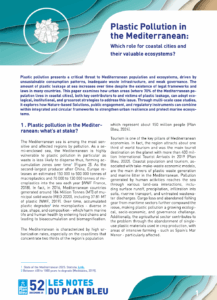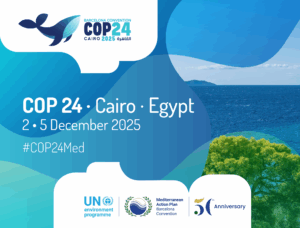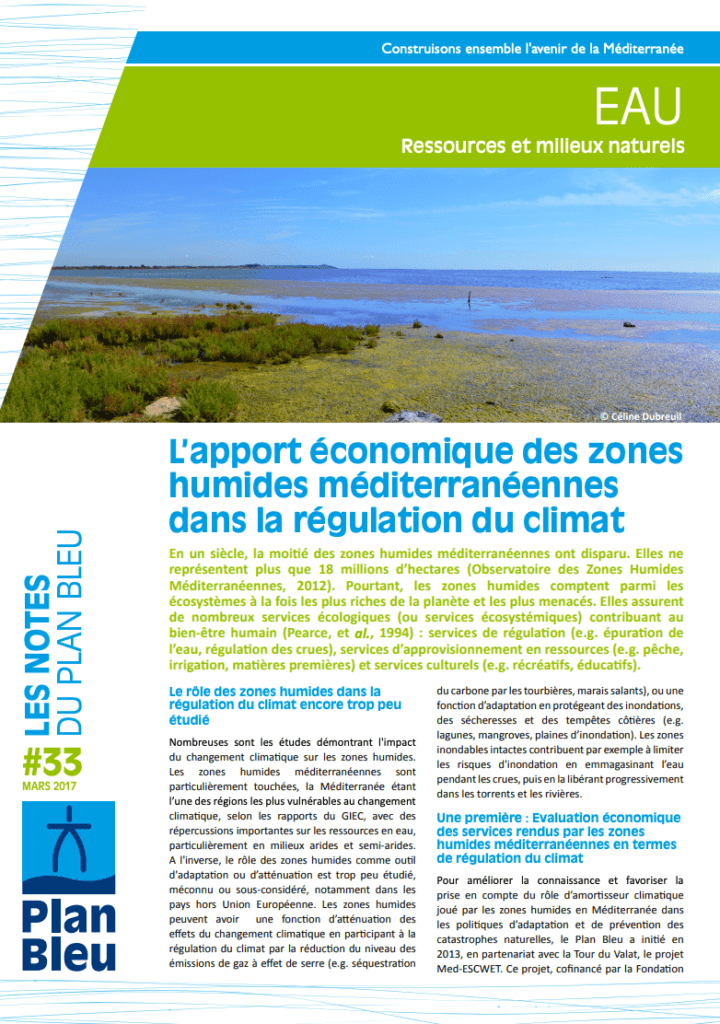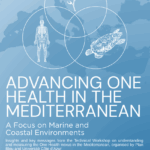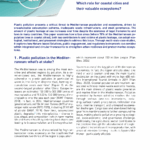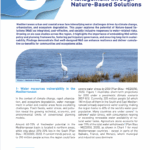Half of all Mediterranean wetlands disappeared over the 20th century. They have declined to now only 18 million hectares (Mediterranean Wetlands Observatory, 2012). However, wetlands are home to some of the richest yet most threatened ecosystems on the planet. Wetlands provide many ecosystem services that promote human wellbeing (Pearce, et al., 1994), including regulating services (e.g. water purification, flood control), provisioning services (e.g. fishing, irrigation, raw materials) or cultural services (e.g. recreational or educational services).






